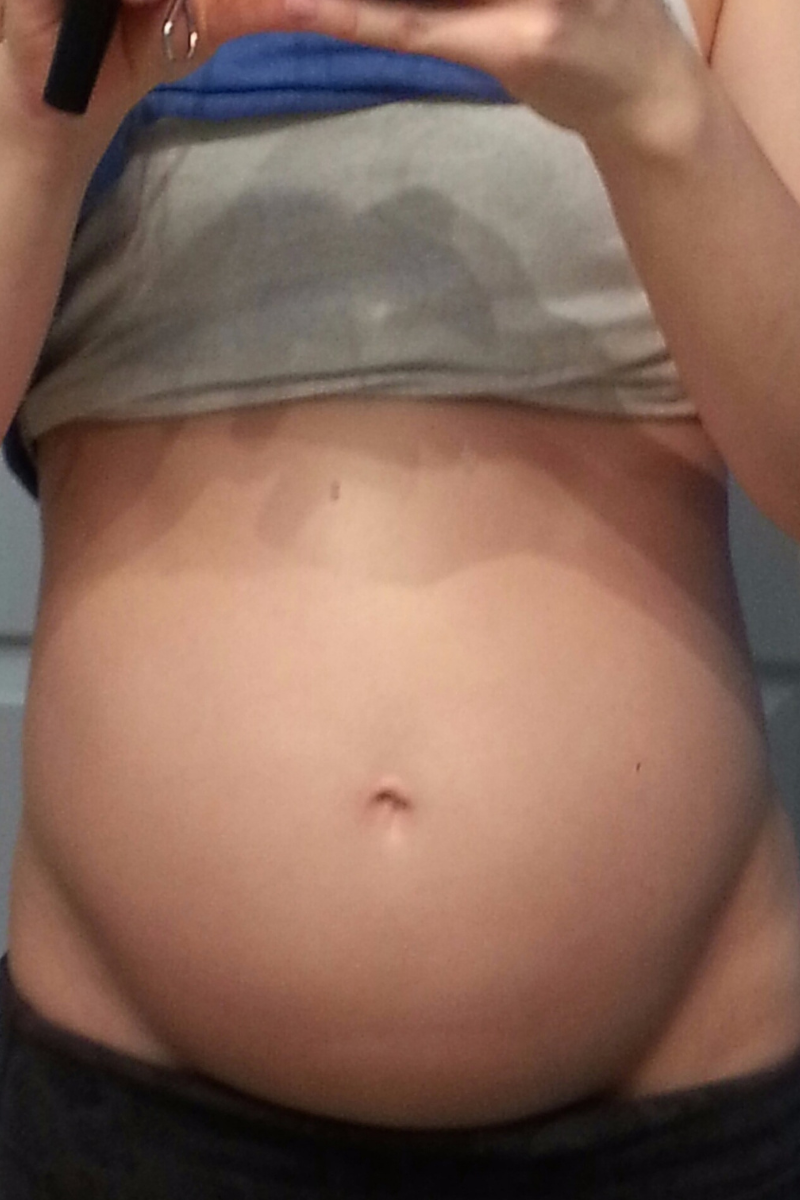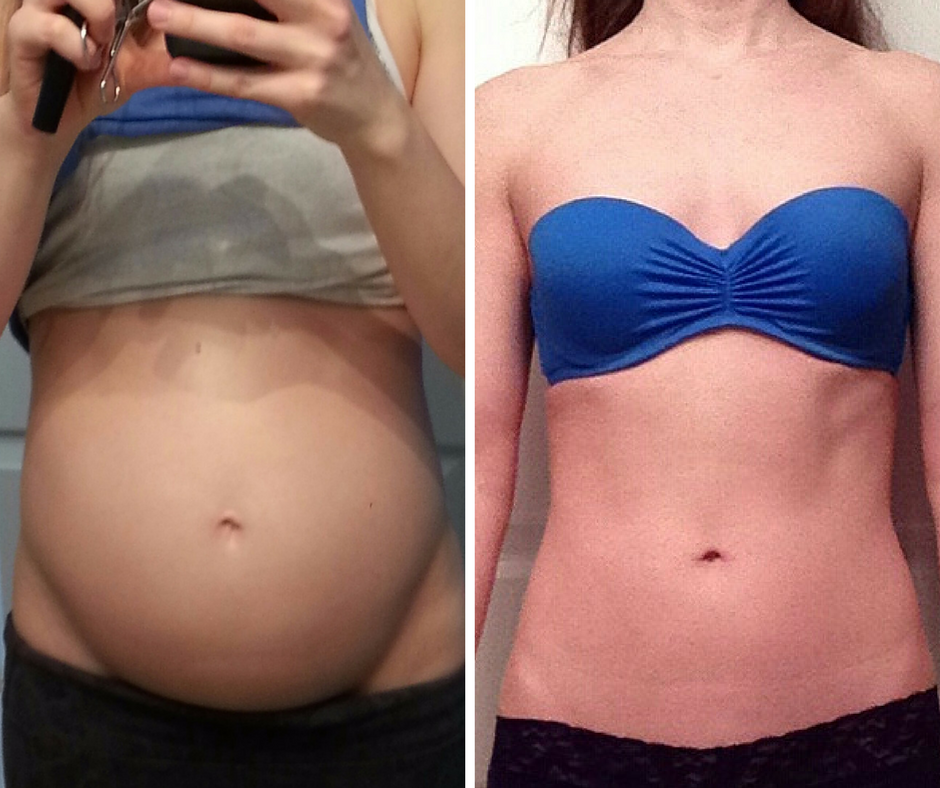You’re eating your vegetables. Drinking your water. Maybe even taking fiber supplements.
And yet… you’re still constipated.
Still bloated by the end of every day. Still straining in the bathroom. Still feeling like you can never fully empty your bowels.
Sound familiar?
Here’s what most people don’t realize: The standard advice for constipation—”eat more fiber and drink more water”—is oversimplified at best, and completely wrong at worst.
If you’ve been struggling with chronic constipation for months or years, chances are you’ve fallen for at least one of the three myths I’m about to share. These misconceptions keep people stuck in uncomfortable patterns, wasting money on supplements that don’t work, and feeling increasingly frustrated.
Let’s debunk these myths once and for all—and more importantly, let’s talk about what actually works.
Myth #1: “You’re Only Constipated If You Don’t Poop Every Day”
This is the biggest misconception about constipation—and it’s keeping countless people stuck.
I can’t tell you how many clients tell me, “But I go every day, so I can’t be constipated!”
Here’s the truth: Constipation isn’t just about frequency. It’s about transit time and complete evacuation.
You can have a bowel movement every single day and still be constipated if:
- You’re straining to go
- Your stool is hard and pellet-like
- You feel like you haven’t fully emptied your bowels
- You’re bloated, even after going to the bathroom
- Stool is staying in your colon too long (more than 48 hours)
The Real Test: How Long Does Food Take to Move Through You?
The Gold Standard: Ask your doctor for an abdominal X-ray or sitz marker study. This will show if you have backed-up stool in your colon, even if you’re going regularly.
The At-Home Method: Try this simple transit test:
- Eat corn on the cob or 2-3 tablespoons of sesame seeds (don’t chew them well)
- Record the time you eat them
- Watch for them in your stool over the next few days
- Track the time from consumption to appearance
What the results mean:
- 24-48 hours: Normal, healthy transit time ✓
- 48+ hours: Slow transit = you’re likely constipated ⚠️
If you’re seeing corn or seeds after 3, 4, or even 5+ days, that’s a clear sign of constipation—even if you’re having daily bowel movements.
Why This Matters:
When stool sits in your colon too long, several things happen:
- Water gets reabsorbed, making stool harder and harder
- Bacteria ferment the stool, producing excess gas and bloating
- Toxins can be reabsorbed into your bloodstream
- Your gut becomes more sluggish over time
→ In my nutrition practice, one of the first things I do with clients is assess their true transit time. Most people are shocked to discover they’ve been constipated for years without realizing it. Once we identify the problem, we can create a targeted protocol to get things moving properly.
Myth #2: “You Just Need to Eat More Fiber”
If I had a dollar for every time someone told me their doctor said to “eat more fiber,” I could retire.
Here’s the problem: Not all fiber is created equal, and eating MORE fiber can actually make constipation WORSE.
Let me explain.
The Two Types of Fiber (And Why Balance Matters)
Soluble Fiber:
- What it does: Dissolves in water to form a gel-like substance in your digestive tract
- How it helps: Softens stool, making it easier to pass
- Found in: Chia seeds, oats, oranges, apples, sweet potatoes, beans, psyllium husk
Insoluble Fiber:
- What it does: Adds bulk to stool and doesn’t dissolve in water
- How it helps: Triggers the urge to have a bowel movement, speeds up transit time
- Found in: Brown rice, whole wheat, almonds, kale, broccoli, cauliflower, seeds
The Mistake Most People Make
Many people hear “eat more fiber” and start loading up on salads, raw vegetables, and whole grains—all sources of primarily insoluble fiber.
What happens?
Their stool becomes bulkier and harder to pass because they’re not getting enough soluble fiber to soften it. This creates a traffic jam in the colon.
It’s like trying to push a dry sponge through a tube versus a gel-coated, soft mass. Which one moves easier?
The Right Approach to Fiber
Instead of just eating “more fiber,” you need:
✓ A balance of both soluble and insoluble fiber
✓ Gradual increases (adding too much fiber too quickly causes bloating)
✓ Adequate fluid to help fiber do its job
✓ The right ratio for YOUR body (everyone’s different)
→ I help clients identify which types of fiber they’re overdoing or missing, then create meal plans that provide the perfect balance for THEIR gut. Because generic “eat more fiber” advice doesn’t account for your unique digestive needs.
Myth #3: “Just Drink More Water and Everything Will Move”
Walk into any doctor’s office with constipation, and you’ll likely hear: “Are you drinking enough water?”
Yes, hydration matters. But water alone won’t fix constipation—especially chronic constipation.
Here’s what the standard advice misses: You need healthy fats to lubricate your digestive tract.
Why Fats Are Essential for Healthy Bowel Movements
Think of healthy dietary fats as nature’s lubricant for your intestines.
They:
- Coat the intestinal lining, helping stool glide through more easily
- Stimulate bile production, which acts as a natural laxative
- Trigger the gastrocolic reflex (the urge to go after eating)
- Help you absorb fat-soluble vitamins that support gut health
Without adequate healthy fats, even well-hydrated stool can get stuck.
The Best Healthy Fats for Constipation Relief
Include these in your daily meals:
✓ Avocado (half to a whole avocado daily)
✓ Extra virgin olive oil (2-3 tablespoons on salads or vegetables)
✓ Coconut oil (great for cooking)
✓ Nut and seed butters (almond, tahini, cashew)
✓ Fatty fish (salmon, mackerel, sardines)
✓ Nuts and seeds (walnuts, flax seeds, hemp seeds)
✓ Full-fat yogurt (if tolerated)
The Right Hydration Strategy
Don’t force yourself to drink 3 liters of water if it feels uncomfortable. Instead:
- Aim for 8 glasses (64 oz) daily as a baseline
- Drink a glass of water first thing in the morning to stimulate the gastrocolic reflex
- Sip throughout the day rather than chugging large amounts
- Include herbal teas (warm liquids can stimulate digestion)
- Eat water-rich foods (cucumbers, melons, soups)
The magic happens when you combine adequate hydration WITH healthy fats.
→ Many of my clients have been forcing themselves to drink excessive water without addressing their fat intake. When we add the right fats to their meals, things start moving—often within days. This is one of those simple tweaks that makes a massive difference.
Why Generic Constipation Advice Fails (And What Actually Works)
If you’ve been struggling with constipation for months or years, you’ve probably tried all the standard recommendations:
❌ “Eat more fiber” (made you more bloated)
❌ “Drink more water” (ran to the bathroom constantly but still constipated)
❌ “Exercise more” (helped a little, but didn’t solve the problem)
❌ “Take a fiber supplement” (caused gas and discomfort)
Here’s why this generic advice doesn’t work:
Chronic Constipation Has Multiple Root Causes
Constipation isn’t just one problem—it’s often a combination of factors:
- Gut motility issues (slow-moving intestines)
- Microbiome imbalances (not enough beneficial bacteria)
- Pelvic floor dysfunction (muscles aren’t coordinating properly)
- Nervous system dysregulation (chronic stress slows digestion)
- Inadequate bile production (affects fat digestion and peristalsis)
- Hormonal imbalances (thyroid, estrogen, progesterone all affect digestion)
- Medication side effects (many common medications cause constipation)
- Dietary imbalances (not just fiber—fats, proteins, overall variety)
Generic advice only addresses one or two of these factors at most.
You Need a Personalized Approach
What works for your friend with constipation might not work for you because your root causes are different.
This is why I don’t believe in one-size-fits-all protocols. Instead, I work with clients to:
✓ Identify their specific root causes through intake assessment and symptom tracking
✓ Address multiple factors simultaneously (diet, lifestyle, nervous system, motility)
✓ Create customized meal plans with the right fiber balance and adequate healthy fats
✓ Incorporate targeted supplements when needed (magnesium, specific probiotics, etc.)
✓ Develop sustainable strategies that work long-term, not just band-aid solutions
The Bottom Line
Constipation is one of the most common digestive complaints I see—and one of the most misunderstood.
The truth is:
- Daily bowel movements don’t always mean you’re not constipated
- More fiber isn’t always the answer (and can make things worse)
- Water alone won’t fix the problem—you need healthy fats too
Once you understand what’s actually causing YOUR constipation and create a personalized protocol, relief is possible.
I’ve helped hundreds of clients go from chronic bloating and straining to regular, comfortable bowel movements. And I can help you too.
Stop settling for generic advice. Let’s create a plan that actually works for YOUR body.





+ show Comments
- Hide Comments
add a comment